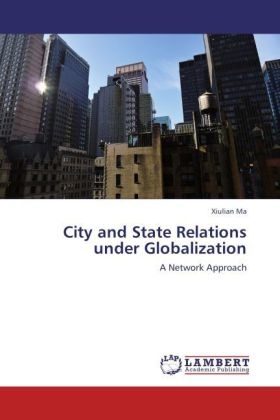Read more
The conventional state-centered view holds that the modern world is organized through a framework of nation-state. But recently, accelerated globalization has led to an alternative notion that cities are replacing nation-states as the basic organizing units of the world. This research examines three research questions concerning city and state relations under globalization. First, as cities become more globally central, will they stop contributing to their nations economic growth or even impede that growth? Second, will world cities weaken ties with their national urban systems as they strengthen ties with other world cities? Third, is there an increased structural slippage between the world-city system and the world system? Quantitative evidences from a relational/network approach finds the divergence in economic interests between a world city and its nation, world cities growing disconnection with their national companions in a neoliberal economy, and the diminishing ability of the world-system to structure the world city hierarchy. It concludes that a relatively unified interest of global capital is significantly deconstructing the territorial basis of the nation-states.
About the author
Xiulian Ma joined the Department of Social and Cultural Studies at the Chinese Academy of Governance in 2009 after obtained her Ph.D. in sociology from the University of Utah in 2009. With an broad interest on world city, urban development and state building, she is keen to disentangle the relationship between city and state on a global platform.

